Bio
Lynch
I first met Lynch in the summer of 2010. My band was touring Europe and we had a night off between our gigs in Hannover and Bremen. A friend had given us Lynch’s phone number and said that he would be happy to host us for the night. I don’t remember the exact moment of our meeting, only that I was captivated by him right away. The other four members of the band and the driver wanted to go out and drink – we had a rule against excessive drinking before gigs – but I told them that I felt like a quiet night in, and I made lentils for Lynch and his flatmate Klaus.
Klaus listened to the conversation between Lynch and I attentively, or appeared to, but rarely interjected himself, whereas Lynch spoke expansively on whatever subject was at hand. He talked about Bremen, describing the city as though it were his duty to bring it to life for me, and frequently peppering his descriptions with a range of empirical data. “Bremen is quite a small city with a bit more than half a million inhabitants, but it is the second largest city in Northern Germany after Hamburg. The city is around 300,000 square metres,” he added, a figure that meant nothing to me, “but it is a long city built along the river. Did you see the river?” I shook my head. “You will see it tomorrow.” As he explained these things to me, he kept a count on one hand, as though he were listing off points and wanted to make sure he didn’t forget any. Occasionally, when making a particularly important point, he would raise this hand, jutting out his thumb, which bore a small and indiscernible tattoo at the knuckle.
Lynch was his surname and it was the only name that anybody knew him by. His first name was Peter, an incongruous name, I thought, for this handsome man, over six feet tall, who impressed himself on any group of people with a singularity and incision that demanded a sharp and purposeful name. “In Germany they don’t know how to spell it,” he said, and then he turned over a letter that was lying on the table and in a sharpie wrote: L I N S C H. “They spell it like this,” he said, and began to laugh like a child – this was the first time I heard his infectious laugh – turning to Klaus who, clearly having seen this bit before, only smiled.
His father was Irish and his mother was Norwegian but he had been born and raised in Bremen. As a result, although his English was excellent, he spoke with a charming German accent. He spoke carefully, slowly yet with a certain urgency, always wanting to be sure that you had understood him exactly. Sometimes his speech lagged behind his thoughts, he would reach for a word and couldn’t find it, and then he became frustrated. Years later, when I had become quite comfortable in the German language, we were able to make jokes in Lynch’s native tongue, and these were the moments that we felt closest, even though he would usually add at least one word or reference that I didn’t know, so there was always an element of pretending in my understanding even when the laughter was real.
From the night that I met him, I wished to be taken into his world. His apartment, for example, was unremarkable: a modest, sparsely decorated German apartment with a few books and a good record collection, bike parts and tools on the sideboard, a few framed prints and record sleeves on the walls, and an old Italian espresso machine in the kitchen. But my reaction to these objects was overwhelming. I did not desire them for myself, I desired these ones: Lynch’s things, his room, his life.
A year later, I was living in Bremen and Lynch was my colleague, neighbour, and bandmate.
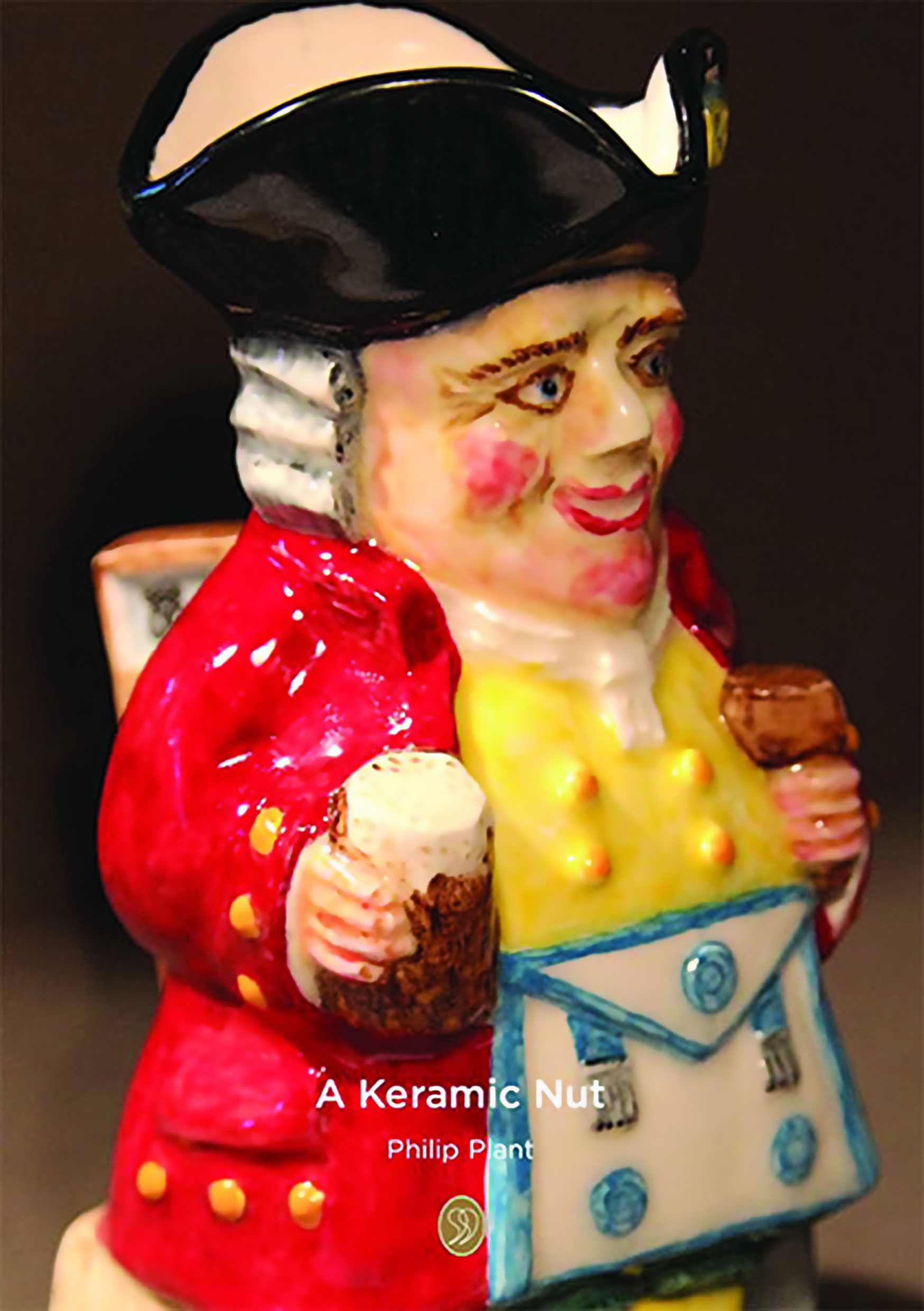

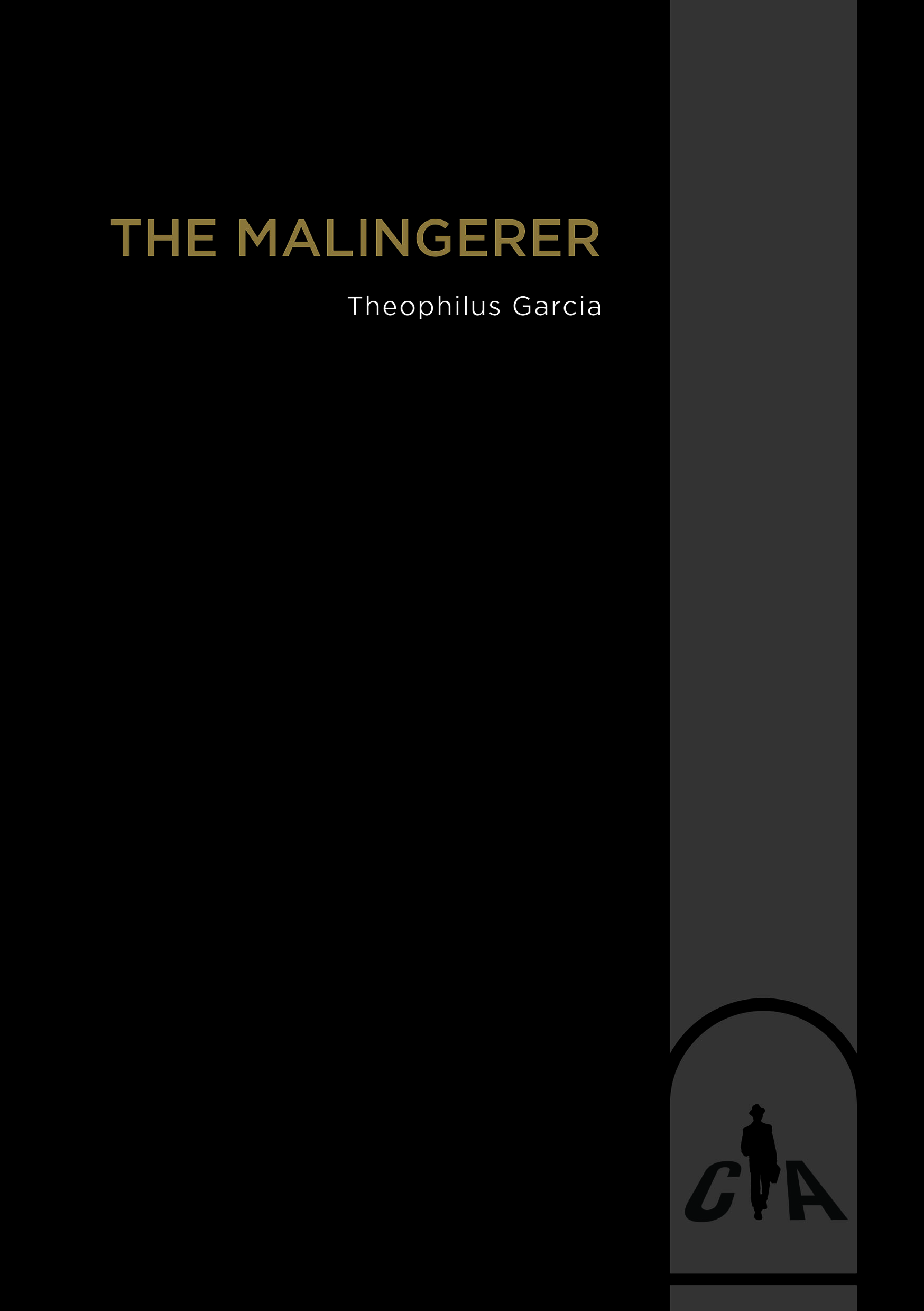

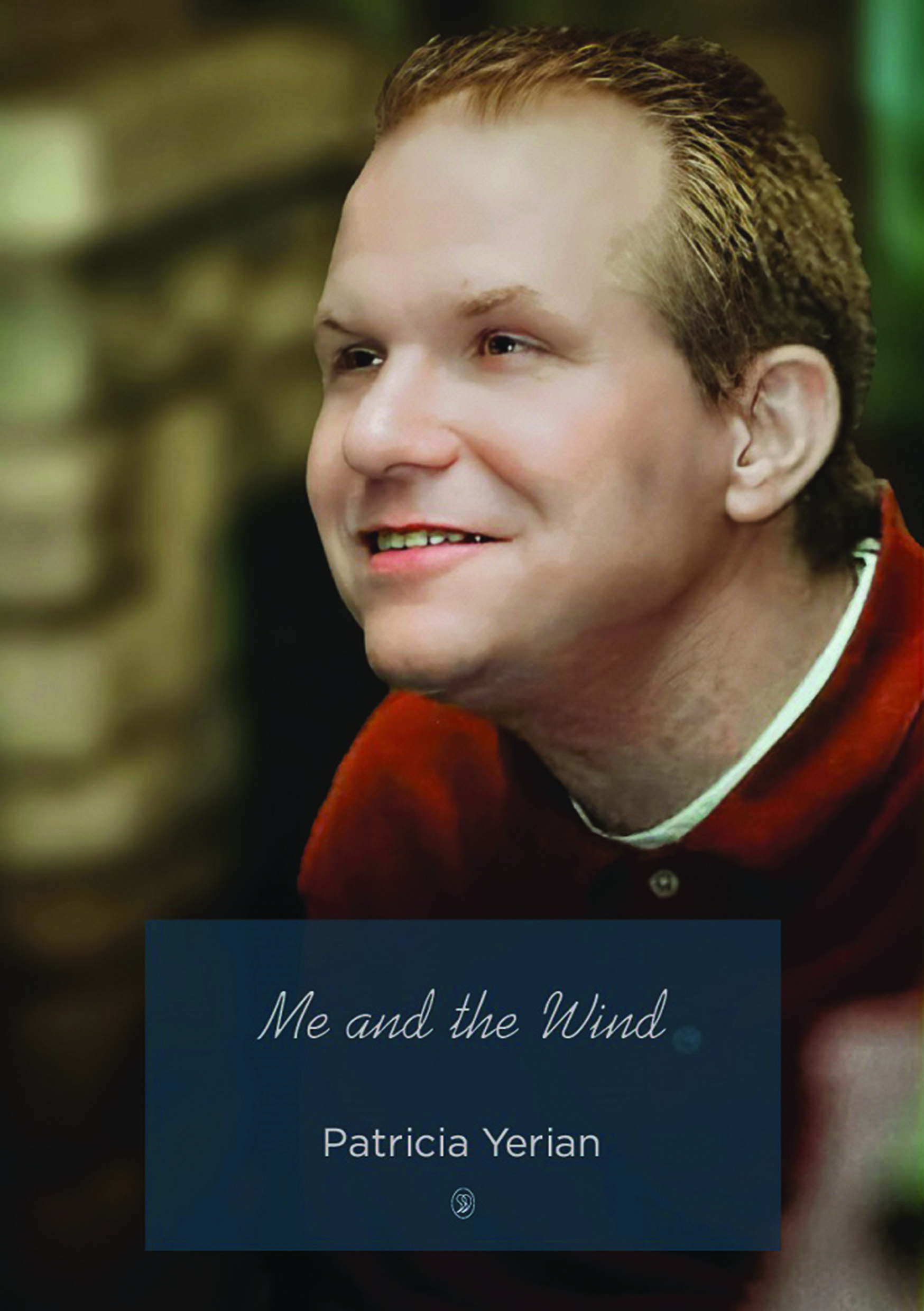



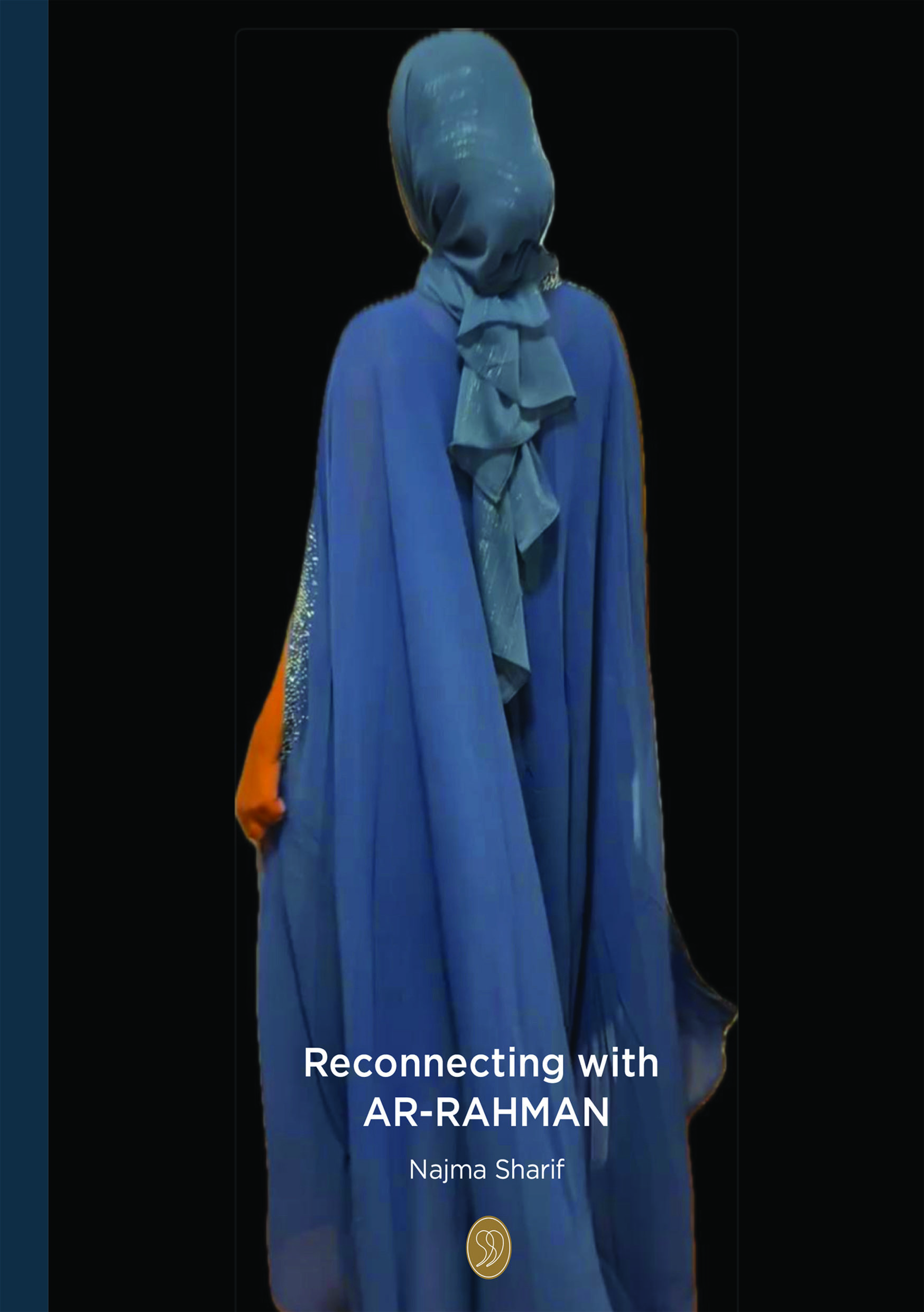











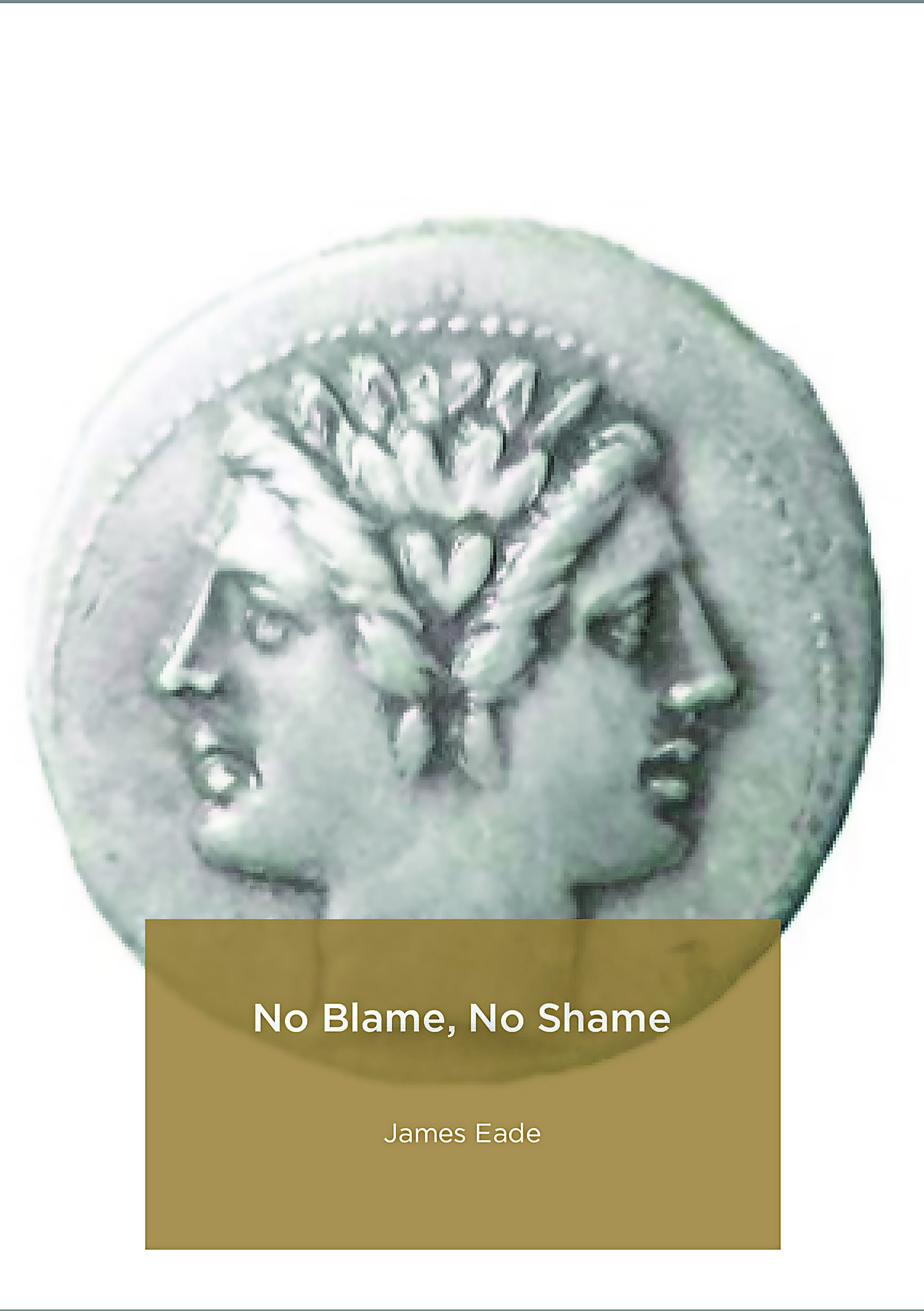















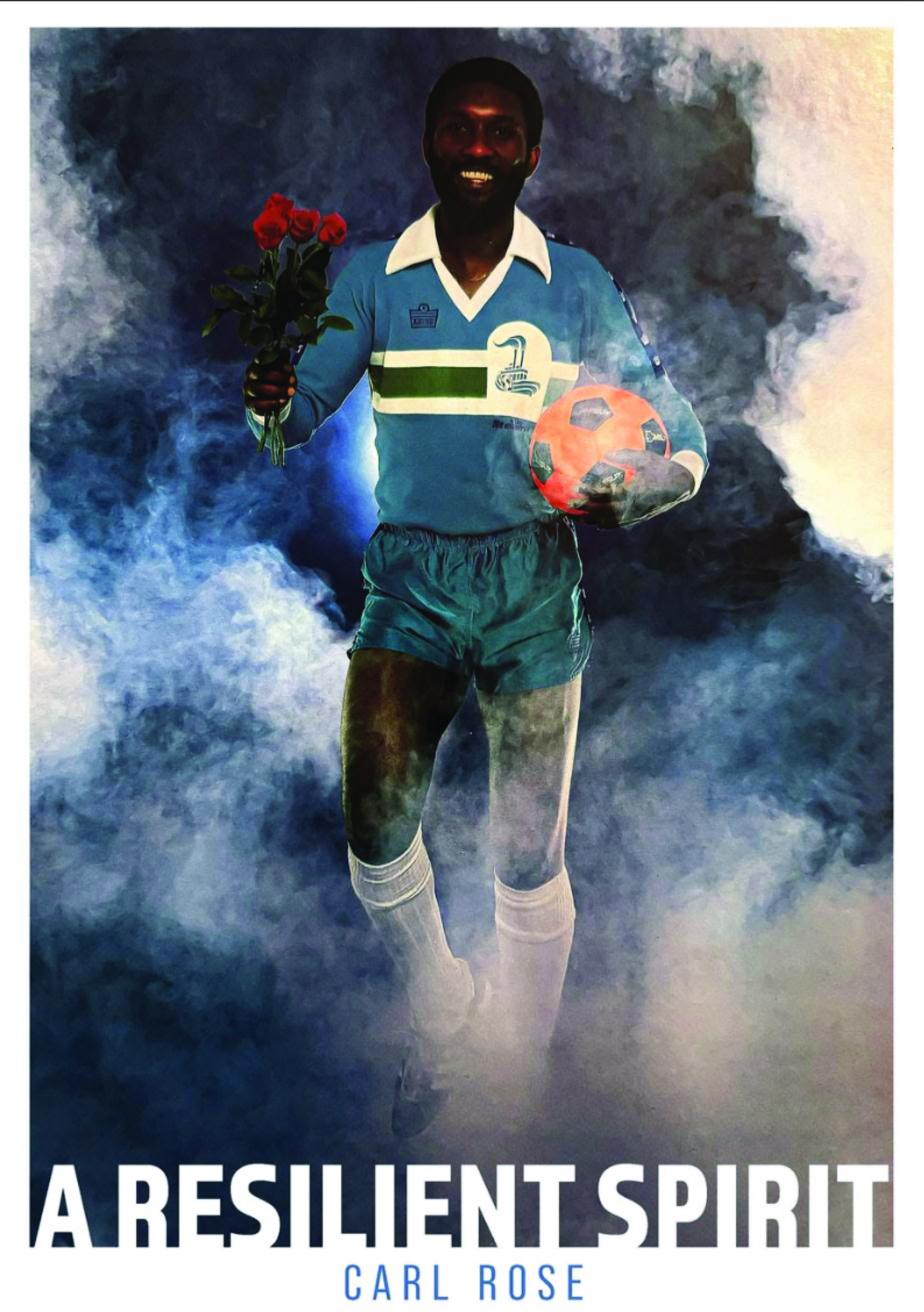



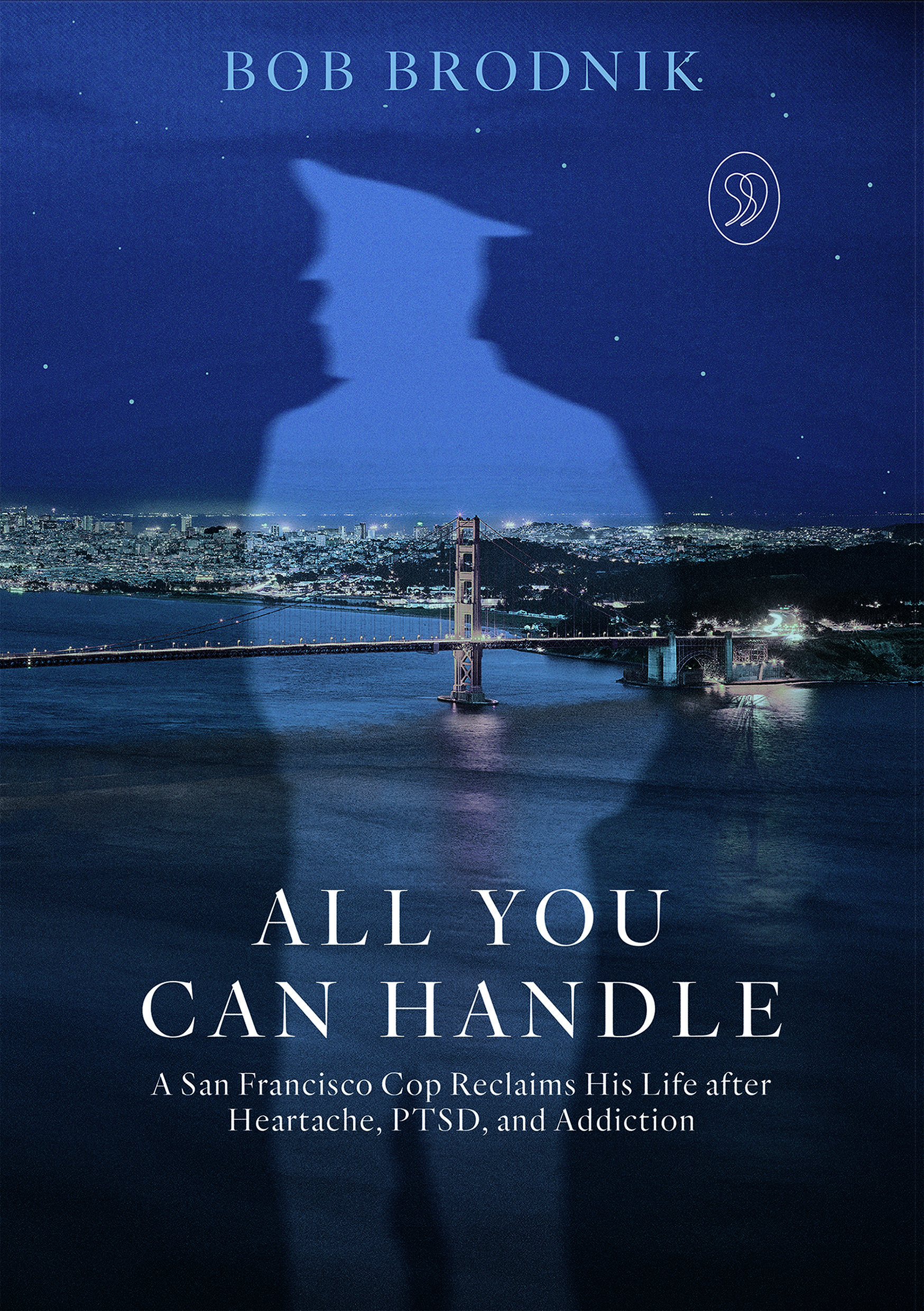

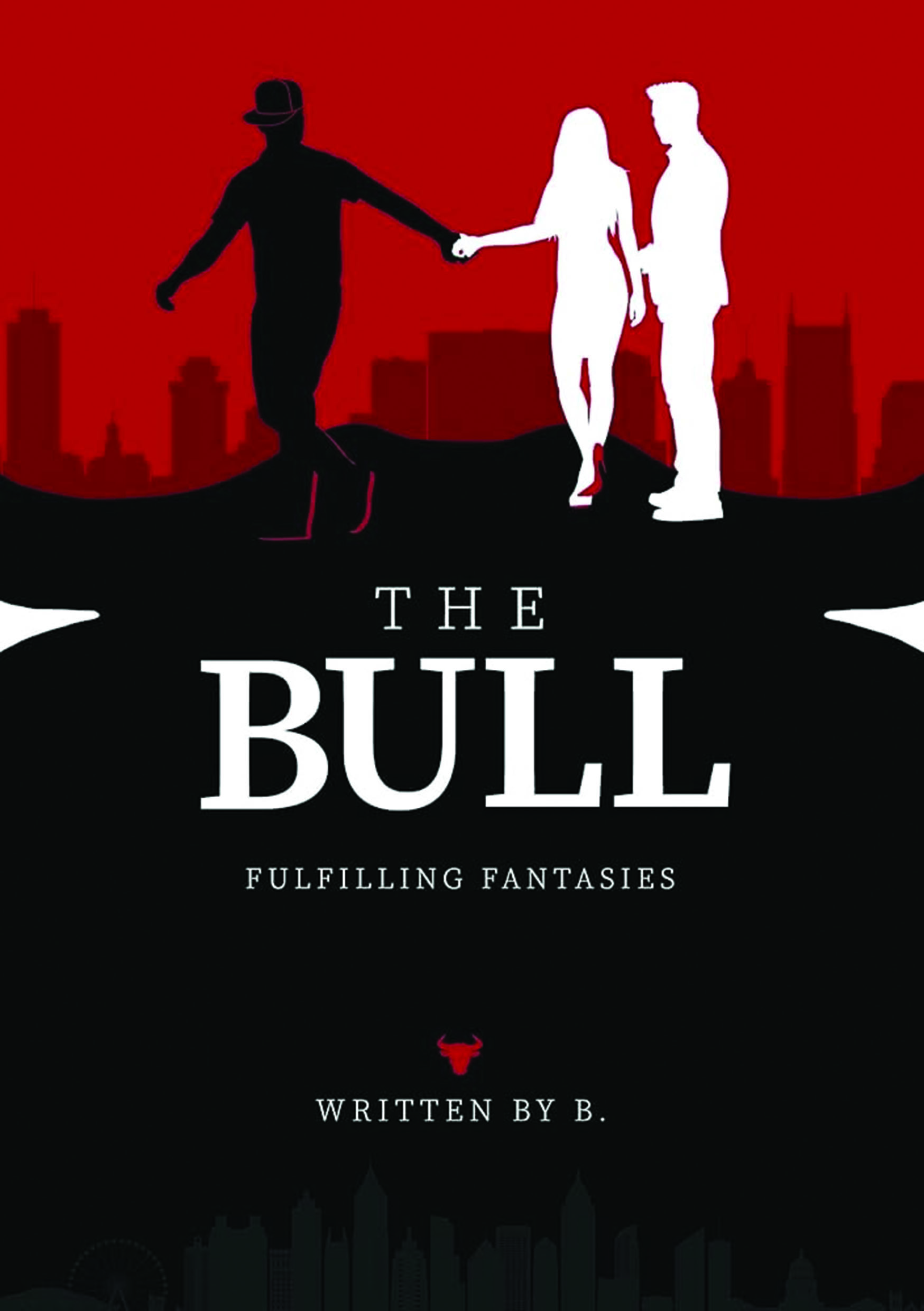

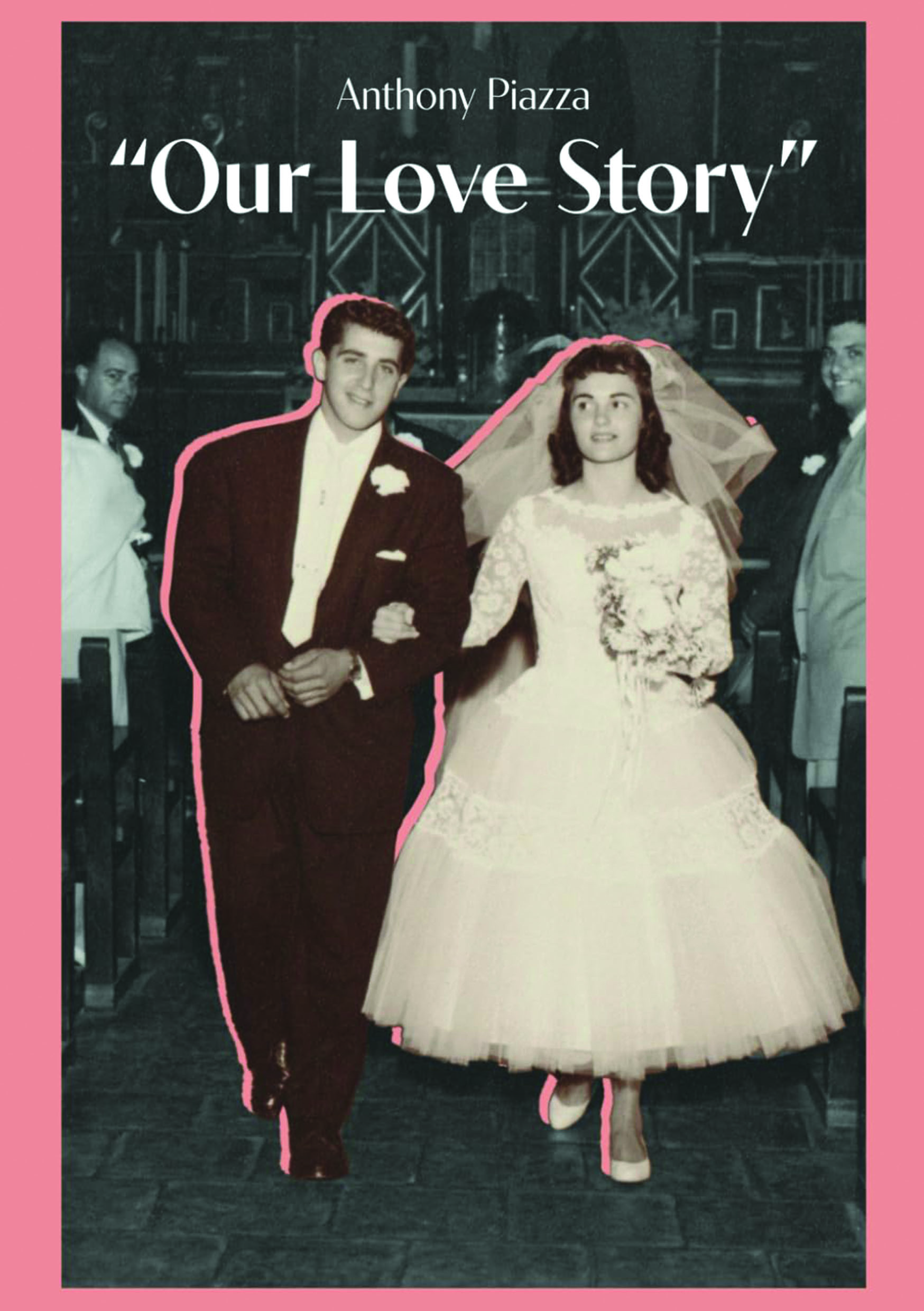





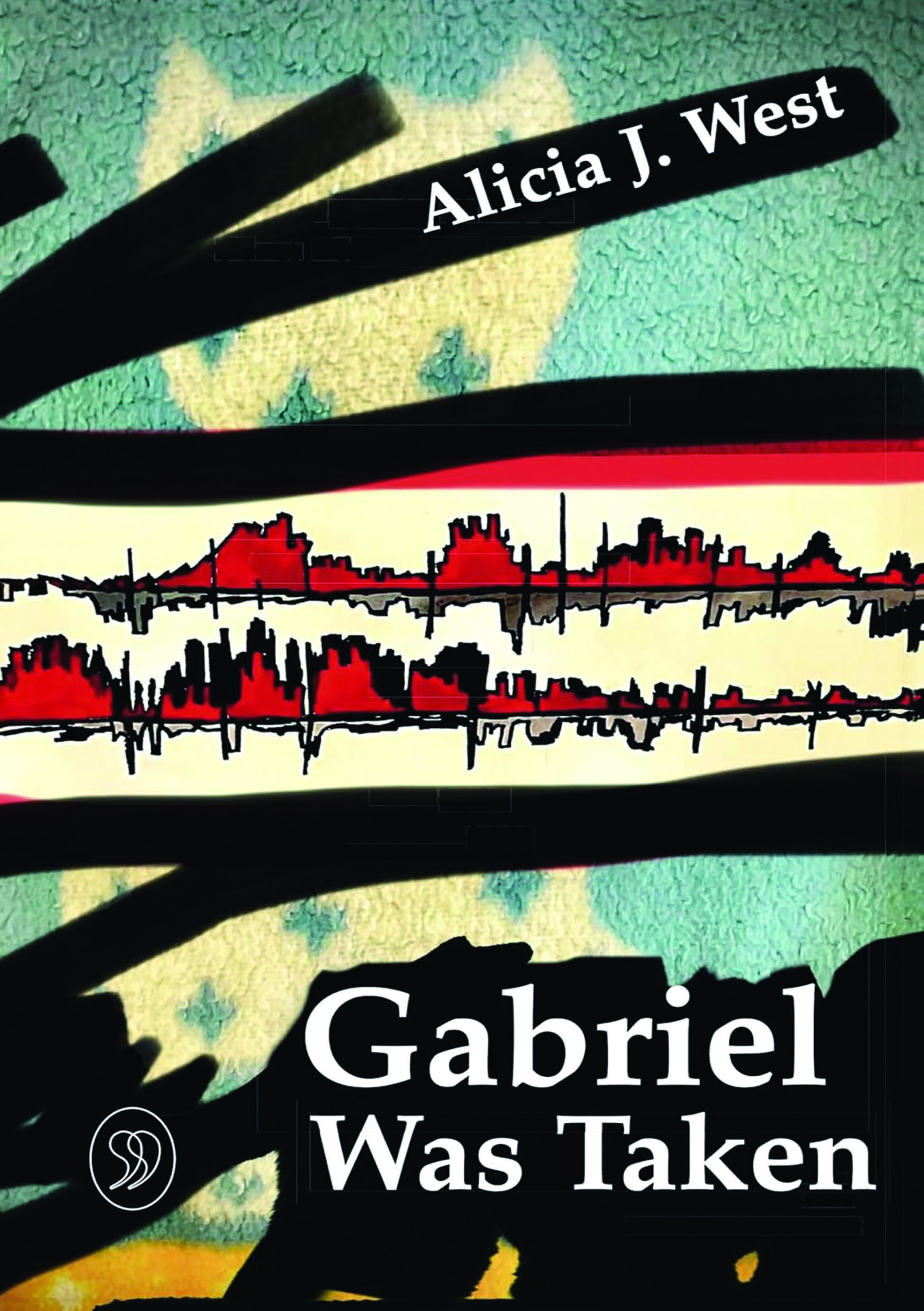









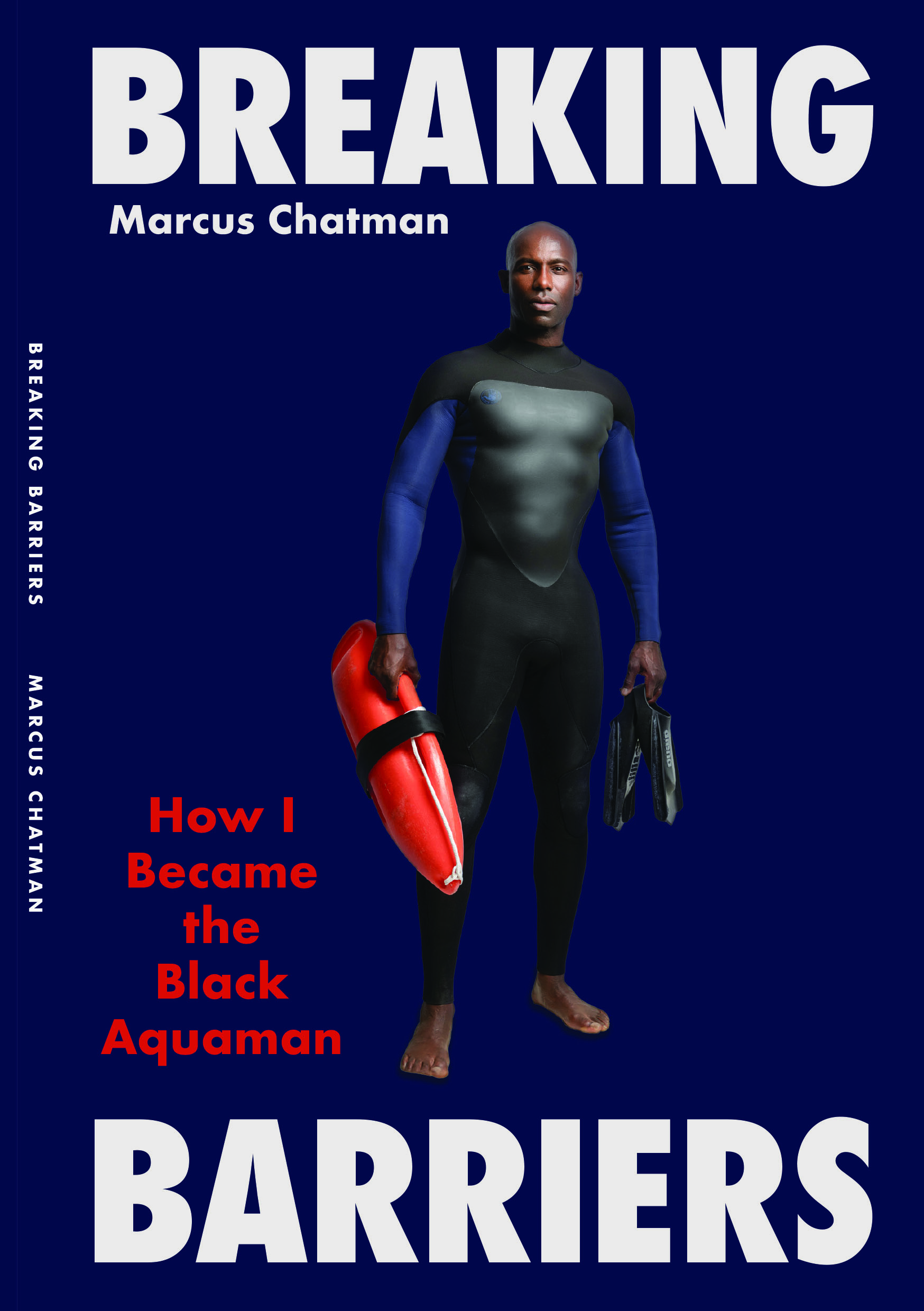



.jpg)









.webp)


























